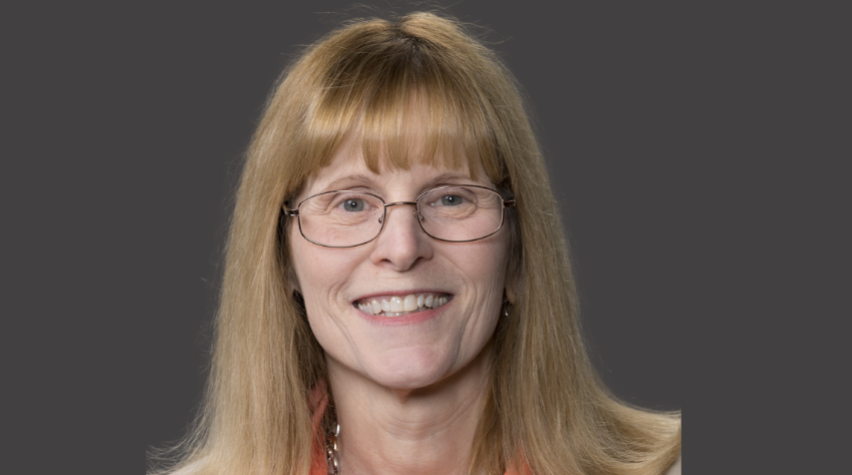
Co-authored by John Murphy, Ronald J. Willey, and Arthur Baulch.
In recognition of process safety excellence, this interview series was created to highlight process safety legends who have had a profound impact on the field of process safety.
Each legend followed a unique career path. All the legends had mentors to assist them in their careers, none had any university training in process safety, and all credited AIChE’s Loss Prevention Symposium and Global Congress on Process Safety (GCPS) for contributing to their success.
AIChE’s Loss Prevention Symposium (LPS) is one of several parallel symposia that are part of the Global Congress on Process Safety (GCPS). LPS focuses on process safety technology, including new developments, cutting-edge solutions, and innovative/novel approaches to hazard identification and risk assessment/management.
In the interview below, process safety legend Kathy Kas discusses the path that led to her process safety career, the importance of process safety, the role of mentors, and more.
How and when did you initially become interested in process safety as a career?
I had a number of early career engagements with risk management processes while working in manufacturing and R&D. I participated in HAZOP studies and checklist reviews as a manufacturing technical representative. Later, I was involved in a study of the transportation of ethylene oxide, providing my first exposure to fault tree analysis. I also participated in several root cause investigations of unplanned events. This early involvement in process safety activities led me to consider process safety as a career. I was always passionate about safety, and the ability to apply logic and engineering fundamentals to prevent incidents very much appealed to me.
Briefly describe the major events in your career in process safety.
Some of my most memorable process safety engagements unfortunately relate to incident investigations. I have been involved in some significant root cause investigations involving material releases, reactive chemical events, and explosions. It is a very somber experience to walk through a process area that has been severely damaged by an explosion or fire. Such experiences remind me that process safety is a sacred trust and reinforce my commitment to ensuring that such events never happen again.
Why is process safety important?
Process safety focuses on reducing the frequency of events as well as the potential impact of events — including the prevention of those catastrophic accidents that have scarred our industry in the past. Implementing strong process safety systems prevents serious injuries and fatalities, avoids adverse environmental impacts, and keeps our communities safe. Robust process safety management is key to ensuring that the chemical industry retains its franchise to operate.
Did you have any mentors over the course of your career, and what role did they play?
I was blessed with a number of great mentors over the years. I worked with Art Dowell, Al Ness, and Dennis Hendershot — all giants in process safety. They taught me how to apply risk management work processes, shared their expertise, coached me on my career, and encouraged my involvement with the Center for Chemical Process Safety (CCPS). Ron Willey (recently retired from Northeastern University) had a major impact on my career; he invited me to join the Loss Prevention Symposium, launching over a decade of engagement with the GCPS. I remain grateful for their wisdom and kind support.
The interview continues
Read the responses to several more questions about Kathy’s areas of specialty, her formal chemical engineering education, proudest achievements, and more in the article “The Stories of Four More Process Safety Legends,” which was published in the September 2023 issue (Volume 42, Issue 3) of Process Safety Progress.
This article is available under the Creative Commons CC-BY-NC-ND license and permits non-commercial use of the work as published, without adaptation or alteration provided the work is fully attributed.


